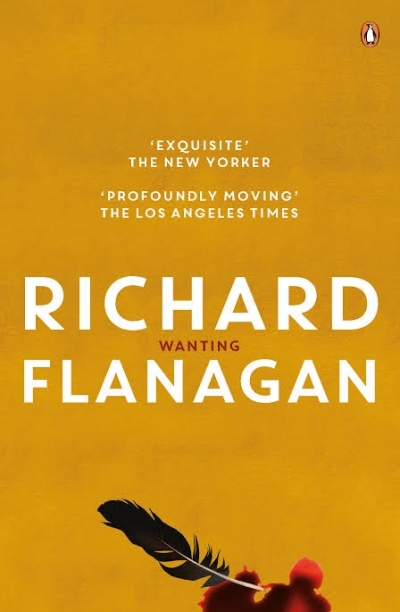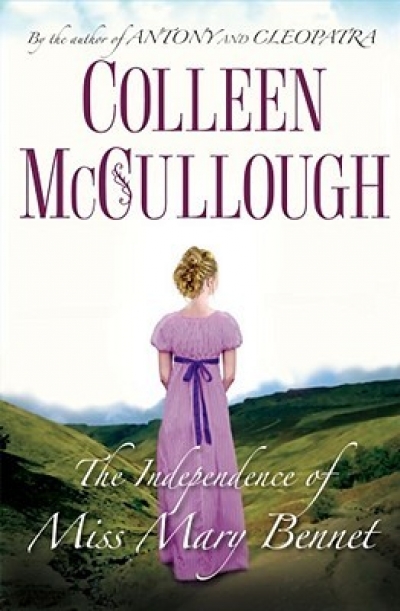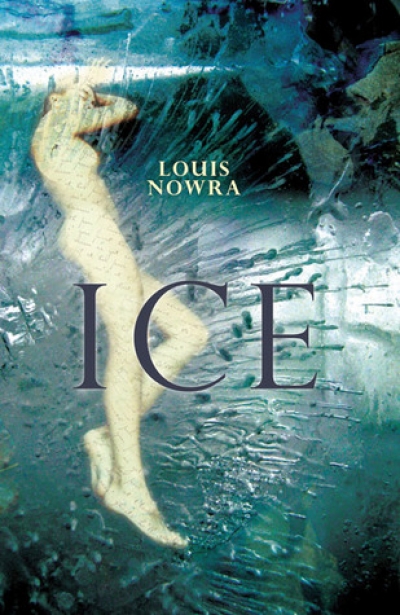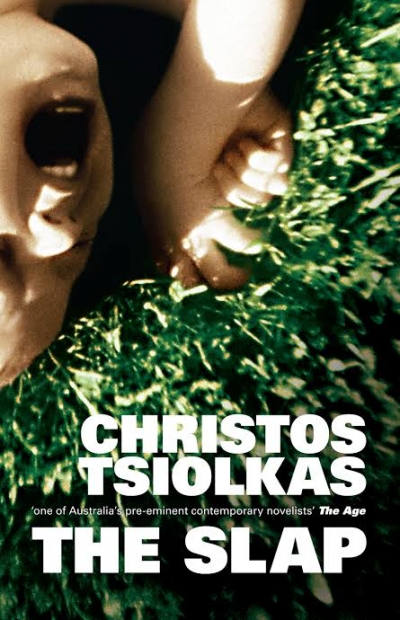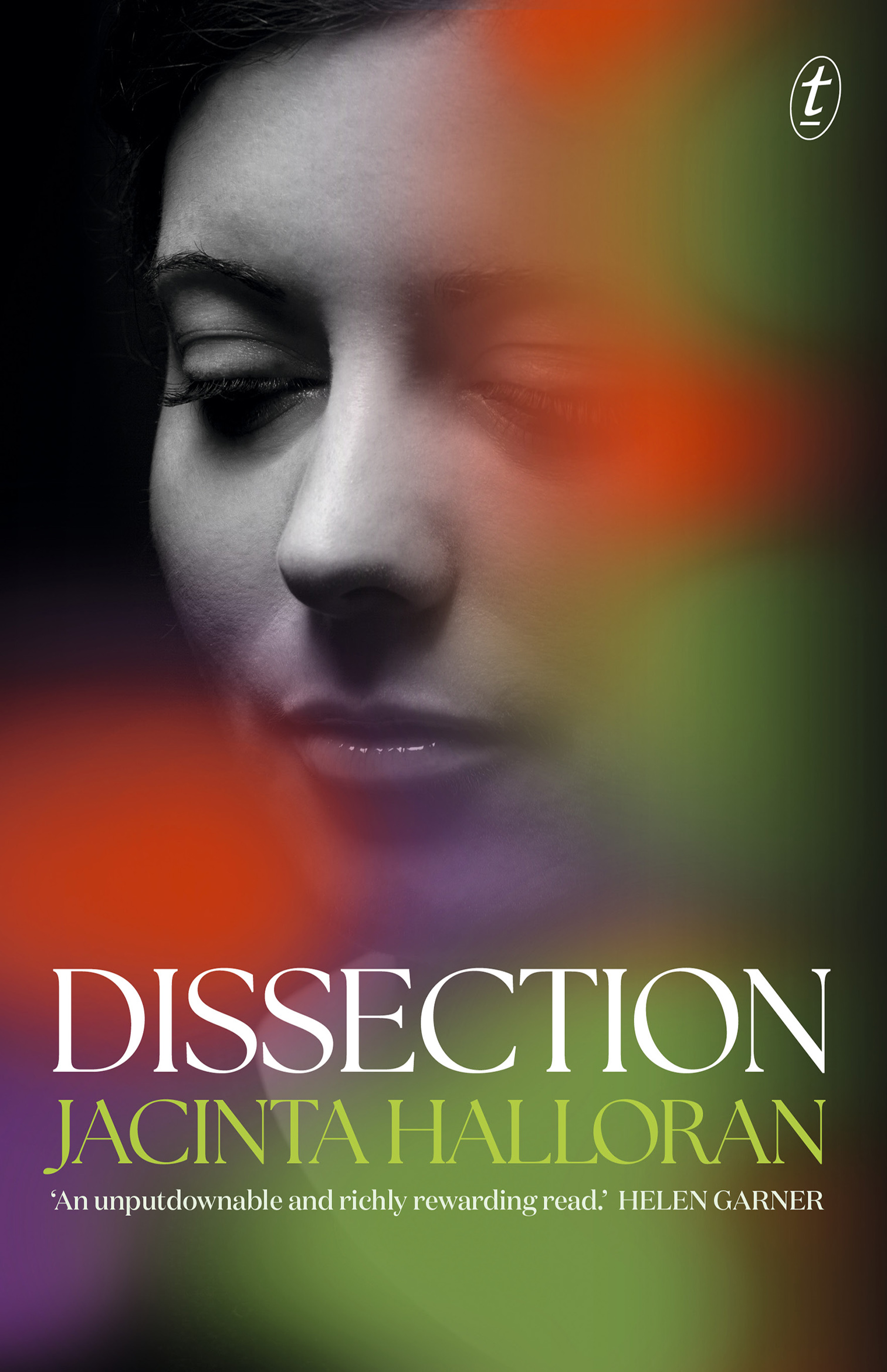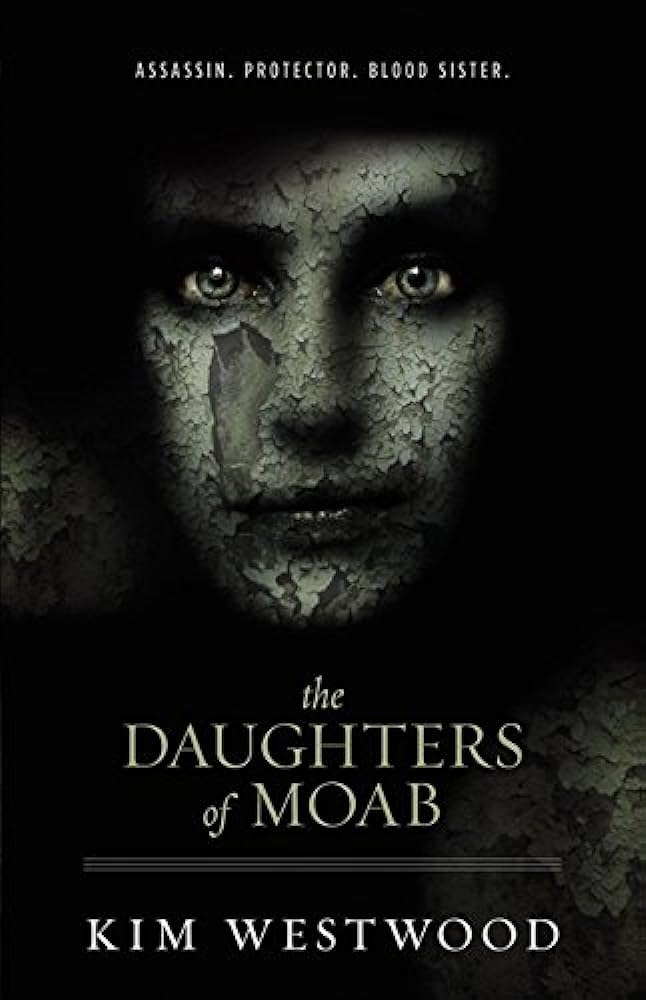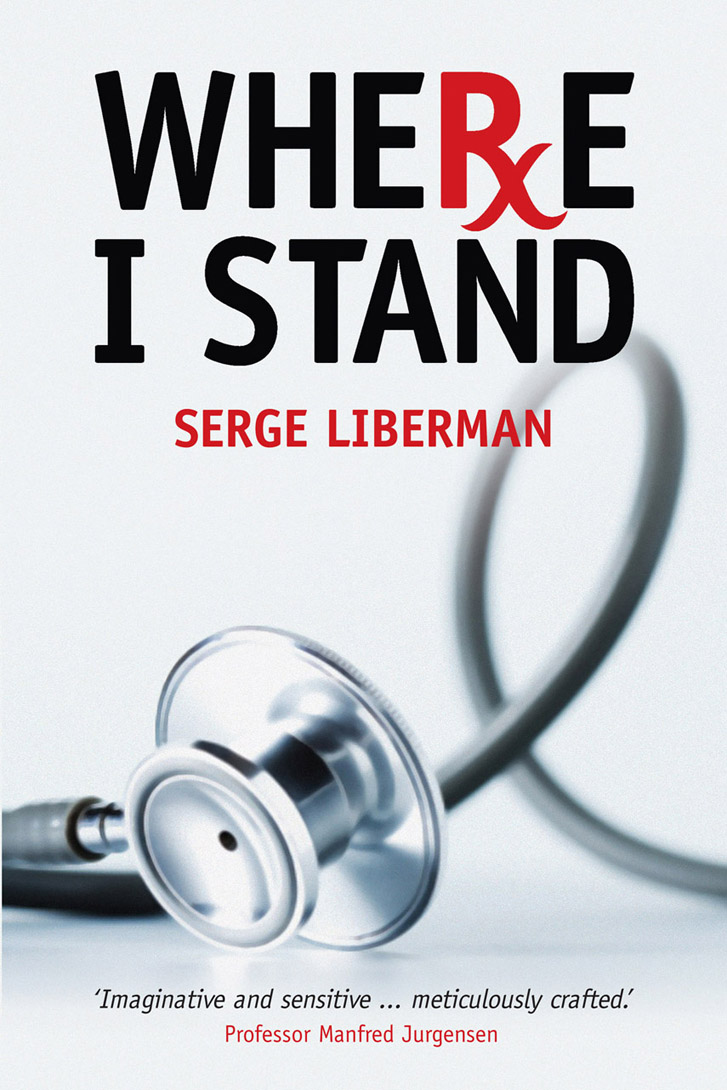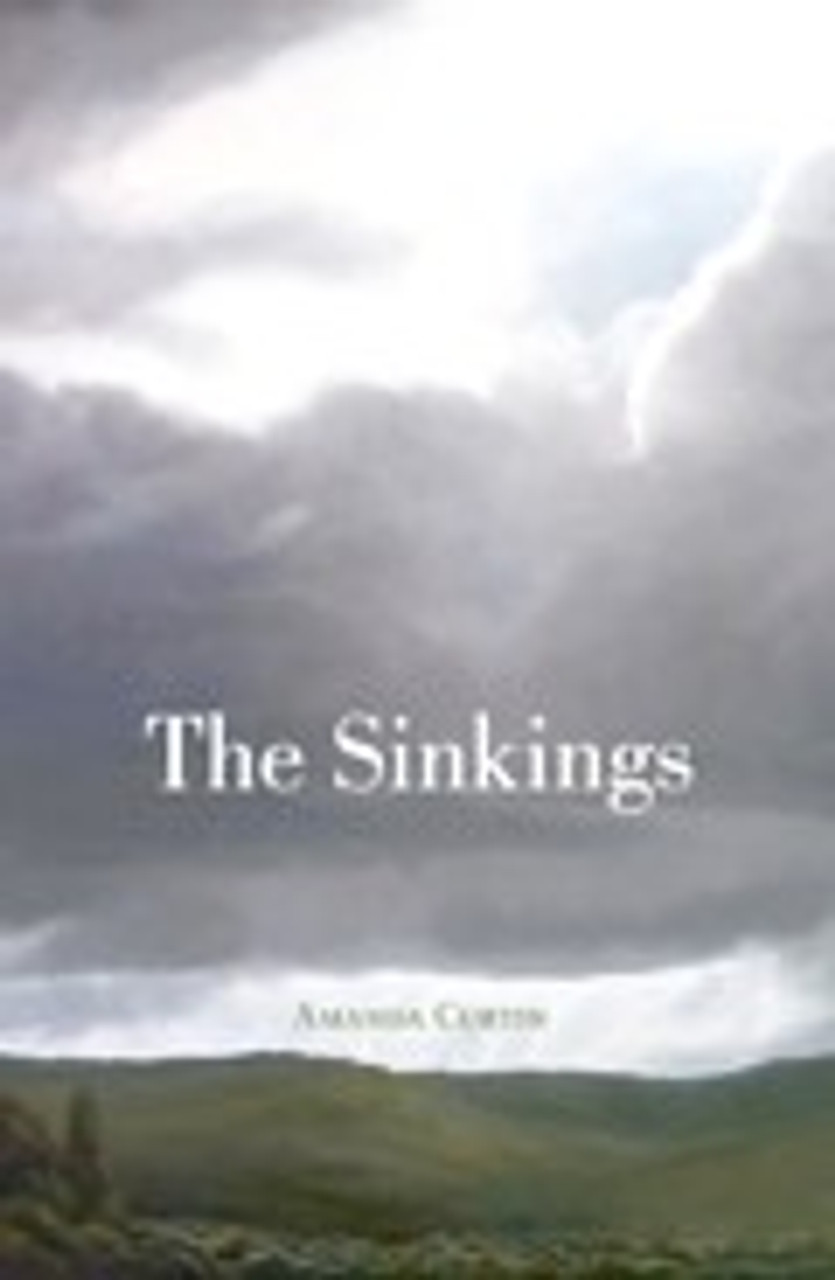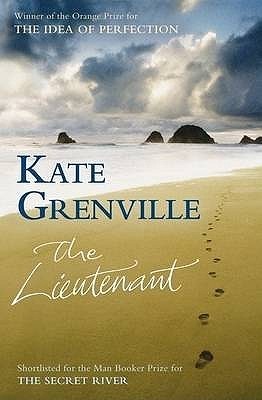Fiction
For the inhabitants of mainland Australia, ‘history’ is often complicated by the sheer fact of geography. Instead of one central node, European colonisation expanded from multiple centres, each isolated in space and founded on differing socio-political premises over staggered periods of time, and each with populations too various in background to allow much in the way of agreement about some völkisch collective past.
... (read more)The Independence of Miss Mary Bennet by Colleen McCullough
It is quite extraordinary how often in this country we resort to caricature in our cultural expression. Think of the hammy acting in Australian films and television, the switches in levels of reality in Patrick White’s novels and plays, the new lead William Dobell gave to modern Australian painting or Keith Looby designs for Wagner. Peter Carey has made his fortune from it; Bill Leak has made it his trademark. And no, we won’t start on the politicians, thank you.
... (read more)‘Ice is everywhere,’ observes the narrator of Ice, Louis Nowra’s fifth novel, before succumbing to a bad case of the Molly Blooms and giving us a few pages of punctuation-free interior monologue. No wonder he’s so worked up: ice, in Ice, really is everywhere. It is subject, motif, organising principle, and all-purpose metaphor; it is death, life, stasis, progress; it is seven types of ambiguity and then some. For variety’s sake, Nowra occasionally wheels out a non-frozen alternative – taxidermy, waxworks – but the design is clear: these are merely different nuclei around which the same cluster of metaphors gather.'
... (read more)In early 2018, Christos Tsiolkas published a long essay as part of a series commissioned by the Sydney branch of PEN, an organisation dedicated to freedom of expression. ‘Tolerance’, which appeared in Tolerance, Prejudice and Fear (2008), is an interesting document, not least for the way it highlights how compelling yet exasperating a writer Tsiolkas can be.
... (read more)Dissection was recently launched by Helen Garner, who described it as a novel like no other she had read. This impressive first novel is indeed astonishingly polished. Like Garner’s The Spare Room (2008), it dissects morally complex issues of life and death with a deceptively simple touch, using telling domestic detail to bring its characters and settings vividly to life on the page. The prose is clean, crisp, precise; as if carved by a scalpel. It might be the instinctual approach of a writer used to dealing with weighty issues in succinct fifteen-minute blocks.
... (read more)The Australian landscape boils with lava and shudders with quakes; acid rain scars its parched surfaces. It provides little succour to human survivors; cockroaches outlive other animal species. Adapt or die, the story commands, though enforced adaptations (personified by the transfected Daughters of Moab) are considered the source of the apocalypse.
The narrative is haunted, riddled with nostalgia and regrets. It jumps between fascinating points of view: Assumpta’s human/dingo hybrid single-mindedness; Eustace’s calculating duplicity; Easter’s ex-sanguinated hallucinations; Angus’s longing for his unblemished homeland. Scenes change abruptly; the narrative transforms and folds in on itself unexpectedly, like a surrealist film. Readers must adapt or they will become lost in the plot, stuck in the molasses of Kim Westwood’s prose. She entices us with her unique treatment of the themes of loneliness, Stolen Generations, climate change, misplaced religious fervour, and searching for identity. Her world and her characters are attractive, but her dense prose can often be off-putting.
... (read more)Serge Liberman’s new book contains a series of short stories and one novella, all narrated by Dr Raphael Bloom, a Melbourne physician who variously plays the roles of healer, confidant, confessor and counsellor to patients and their families. In doing so he explores existential and theological problems which often revolve around the Jewish memory of the Holocaust and the post-memory of second-generation migrants. For members of this traumatised community, brushes with illness and mortality raise the spectre of that terrible event and show how the past is not easily laid to rest.
... (read more)Part historical murder mystery, part journey towards reconciliation, at the heart of Amanda Curtin’s novel, The Sinkings, is a figure whom we barely meet but whose existence is the key to this remarkable narrative.
... (read more)In 2006, a year after the publication of Kate Grenville’s The Secret River, Inga Clendinnen published ‘The History Question’ as part of Black Inc.’s Quarterly Essay series. ‘The History Question’ was, as its subtitle ‘Who Owns the Past?’ suggests, a wide-ranging meditation on the nature of historical understanding, and, more specifically, its uses and abuses. But at its heart lay an extended and surprisingly savage critique of The Secret River, the claims Clendinnen believed Grenville had made for it, and for fiction’s capacity to illuminate the past; and, more deeply, of the very idea of historical fiction.
... (read more)Vertigo is to dizziness what a migraine is to a headache, or the flu to a cold in the head; you don’t really grasp the difference until you’ve had the nastier one. True vertigo pitches you into a chaotic blackness in which you lose your bearings utterly; no relief is to be had from sitting or lying down, because the chair, the bed, the floor all fall away from you as well. Disorientation on the flat is bad enough, but in three dimensions it is terrifying, like Satan’s journey through the realm of Chaos in Paradise Lost where he meets ‘a vast vacuitie: all unawares / Fluttering his pennons vain plumb down he drops / Ten thousand fadom deep, and to this hour / Down had been falling …’
... (read more)

